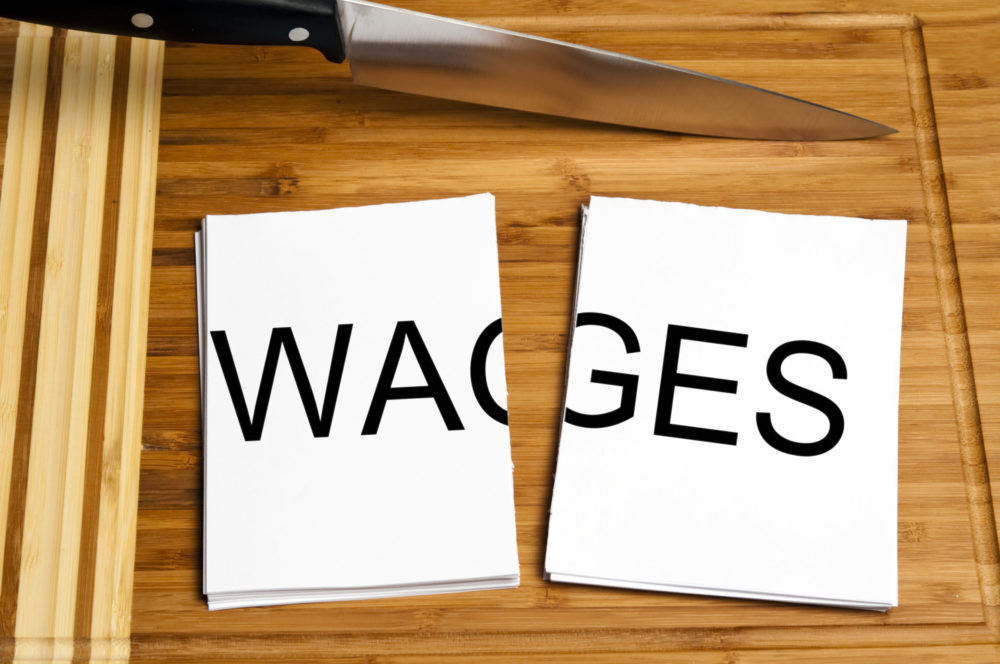UPDATE: The government has decided to go ahead with the National Living Wage increase, being introduced today (1 April).
The Institute for Fiscal Studies (IFS) has called on the government to temporarily cut the National Living Wage (NLW).
They’ve also recommended delaying the next increase in the NLW which is due next month. The wage is set to increase by 51p to £8.72 an hour.
In a statement released yesterday (25 March), the IFS said that the government should seek advice from the Low Pay Commission on the best course of action.
A rise in welfare makes sense while an increase in wages does not in a time where the labour market is drying up, according to the statement.
“The substantial increases in benefits – for example in Universal Credit and in Housing Benefit – announced last week are clearly an appropriate response as the government tries to protect people’s incomes,” said IFS researcher, Tom Waters.
“Whether the planned increase in the National Living Wage to £8.72 an hour as from the start of April still makes sense is open to question.”
He goes on to say that the move to raise National Living Wage to £8.72 was announced in October 2019. The economy looked very different to the way it does now: “It is extremely hard to believe that, had they known that the coronavirus outbreak were about to unfold, they would have recommended that same rate.”
The chancellor’s raft of emergency measures was introduced to help workers and small businesses cope with the coronavirus pandemic, but there was no word on holding off the NLW increase.
>See also: What coronavirus small business help is available for free?
Addressing the impact of a pay cut on minimum wage workers, the IFS believe that they would be ‘more than compensated’ by the increase in benefits.
“The government has announced several policies with the explicit aim of avoiding massive job losses and business failure. Increasing employer costs via a rise in minimum wages has the potential to undercut these aims,” said Waters.
Read more
What does the latest Treasury stimulus mean for small business?





